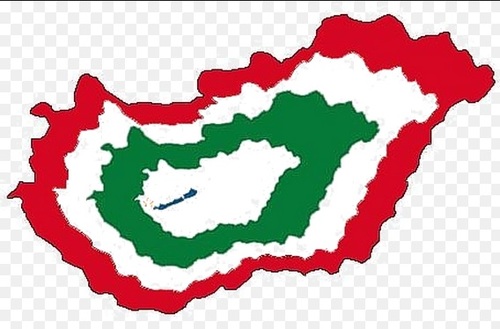Hungary

Hungary - State of CLIL
LANGUAGE TEACHINGLanguage teaching is one of the most important problems of education in Hungary. Due to our mother tongue – while it is unic and very different among the other European languages – Hungarians are in serious need to learn and use languages especially in this situation: soon becoming one of the members of the Europen Community.
The languages taught in elementary schools are English and German. Children start learning mostly at age of 10. Generally they have 2 or 3 lessons a week. There are some schools providing language teaching from the beginning at age of 6-7 or they give the opportunity to have more lessons: about 6 a week. In secondary grammar schools students have to do two languages, mostly English and German and they can choose as the second one French, Italian, Spanish , Russian or Latin. They have 2-3 lessons a week each. As students leave secondary school they have to pass final exams (Matchs, History, Hungarian Language and Literature, Foreign Language) and many of them passes the state language exams before leaving school while they have better opportunities to get to University. There are some schools where children can learn more serious during their studies, they have about 8 lessons a week. And there are schools where students learn different subjects in a foreign language, we have English, German, French, Spanish, Italian bilangual schools.
The aim is to give students more opportunities to start their life easier and to have more Hungarians speaking foreign languages. There is a change in our education system from the next academic year and one of the main goals is to give at least one language exam.
Science Across Europe gives us a serious help as a progam because we can teach students in a very different way – the most important problem is in it: how to use the language.
The program starts with my asking for information about the prevous knowledge of the students on the given topic – while I am only a teacher of English, my colleges give help so I learn myself as well. We begin work with extending students’ vocabluray first then we discuss the questions in the classroom. They have their examples and arguments mainly from their personal life and therefore they can speak easier about the given topic. We kae the summaries and send the information sheets to diferent schhools and it is an adventure for students to make frienship through Internet, plus they like computer work. The only problem is with it the lack of time and the technical problems – not only in our school but in other countries – it is not an easy thing to get answer from the choosen partner.
The SAE projects are very popular among the schools where the program exist. Children can use their creativity and knowledge in different topics plus they can use the language easier on the other hand it is more interesting and less difficult to work than in the language lessons.
The methodology is completly different and not only the students but the teachers enjoy working with SAE. It makes a little „break” in the serious learning and teaches children thinking and using of a language without working very hard, makes their life colourful, helps them to make friendships and get information from different nations.
Finally a very important benefit of SAE is, that teachers learn different methods to teach and they can use it later on in languge teaching. Plus there are the same topics we teach, as Health, Enviroment, Air pollution, etc.so the SAE helps to work on this topics not only with the course books.
Lőrincz Éva Hungary
English/Hungarian/Trainer
lorincz.eva@posta.net
Ludanyi Lajos
Chemistry/Physics Teacher
ludanyi@berze-nagy.sulinet.hu